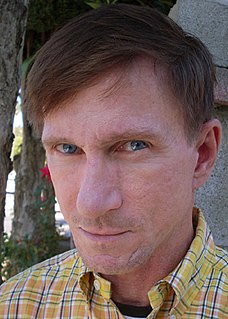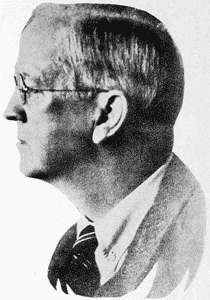A Quote by Bill Oberst Jr.
Related Quotes
Until the early 90s, when I was working on a project about the idea of free will in American philosophy. I knew that Lincoln had had something to say about "necessity" and "fatalism," and so I began writing him into the book. In fact, Lincoln took over. I wrote instead 'Abraham Lincoln: Redeemer President,' in 1999, and I've splitting rails with Mr. Lincoln ever since. If there's a twelve-step process for this somewhere, I haven't found it yet.
The Watsons have lost sight of the fact that Mercy Watson is a pig, and they love her truly, madly, deeply. They live next door to two elderly sisters, Eugenia Lincoln and Baby Lincoln. Eugenia Lincoln is horrified that a pig is living in the house next door. Baby Lincoln secretly likes Mercy a great deal.
It is very hard to answer the oft-posed questions about how Abraham Lincoln would respond to some current condition. My favorite story on that count is that the late great Lincoln scholar Don Fehrebacher was asked, during the struggles over bussing for racial balance a few years ago, what Lincoln would say about "bussing" and he thought awhile and then answered : "what Lincoln would say would be: "What's a bus?"
I am asked often about Abraham Lincoln's mistakes and faults; he certainly made some mistakes. I have chapter in President Lincoln about the Powhatan affair that was a royal screw-up in the early days - right alongside the Sumter affair. Lincoln signed letters he should not signed, and the ship was sent to two places at one under two captains etc. Fortunately, no great harm. Lincoln took the blame and did not do anything like that again.
The spiritual kinship between Lincoln and Whitman was founded upon their Americanism, their essential Westernism. Whitman had grown up without much formal education; Lincoln had scarcely any education. One had become the notable poet of the day; one the orator of the Gettsyburg Address. It was inevitable that Whitman as a poet should turn with a feeling of kinship to Lincoln, and even without any association or contact feel that Lincoln was his.

































